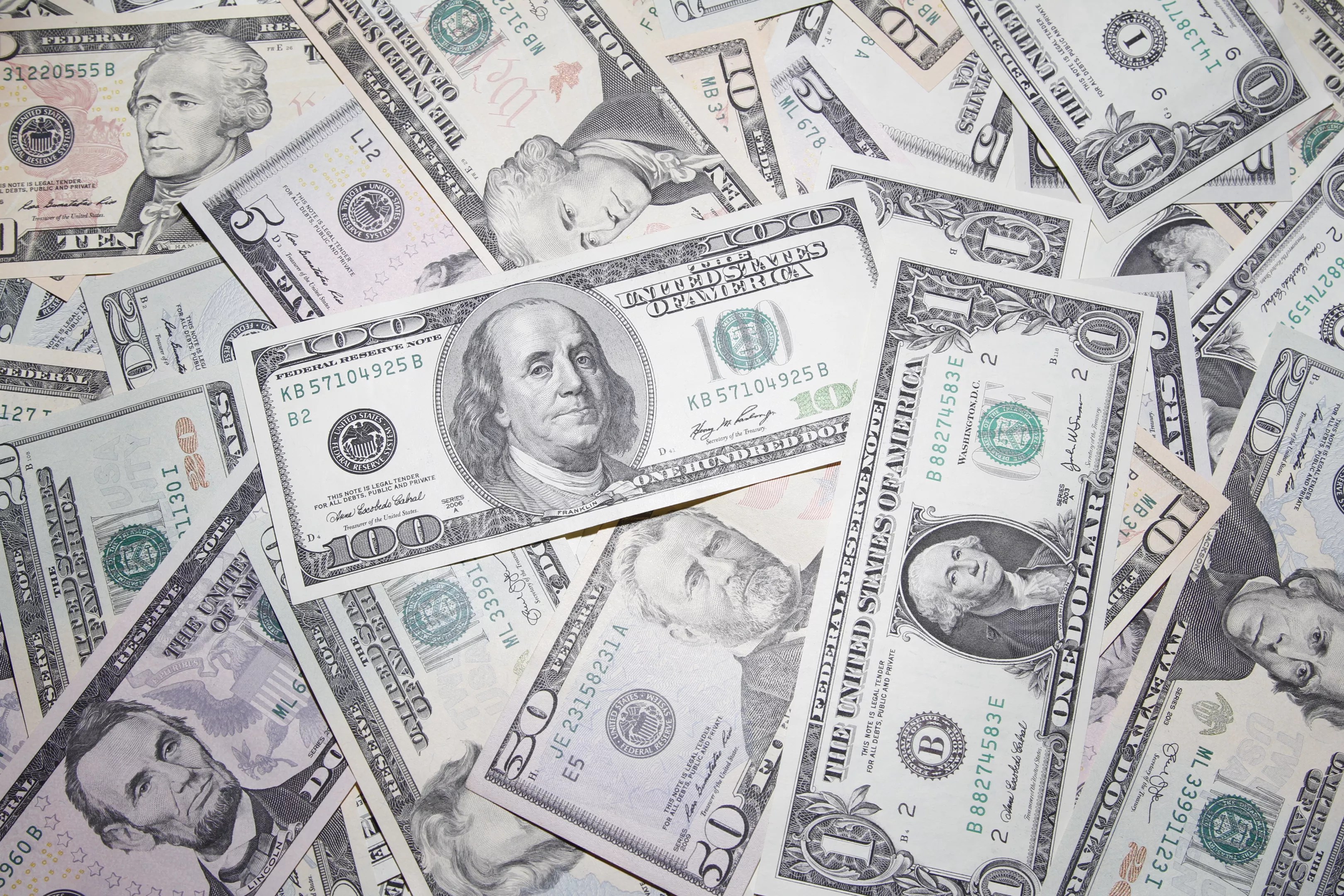
Adobe Stock

Audio By Carbonatix
Jake Hall stopped paying back his student loans during the pandemic. As prices for so many necessities rose, the 33-year-old high school teacher cut the $100 he was throwing at his loans from his budget. He wasn’t too worried about it because in March of 2020, the federal government placed a three-year moratorium on student loans and set interest rates to 0%. Guided by the promises of former President Joe Biden, Hall assumed his $15,000 left in loans would eventually be forgiven, and so he never reinstated payments.
“I was like, well, it sounds great, can’t wait,” Hall said. “And so I just stopped paying, and nothing horrific happened, so I kept not paying.”
However, on April 21, under the control of a new president, the Department of Education announced it would resume collections of its defaulted federal student loan portfolio on May 5.
“American taxpayers will no longer be forced to serve as collateral for irresponsible student loan policies,” Secretary of Education Linda McMahon said in a press release. “The Biden Administration misled borrowers: the executive branch does not have the constitutional authority to wipe debt away, nor do the loan balances simply disappear.”
Paired with a threat to send debtors to collections is a scarier threat to garnish the wages of those who don’t immediately pay up. The move affects an estimated 5 million borrowers. Hall isn’t sure he’s lumped in yet, but he’s started considering his options.
“I’ll probably have to eat a lot more peanut butter sandwiches on one end,” he said. “It depends on how much it is. My job is good in spite of the fact that it’s public education and gets paid as such. But it’s a good job and I would hate to leave it, but I would probably start to seek something else at that point.”
Hall makes the typical high school teacher’s salary in the Dallas Independent School District, which averaged $70,000 as reported by the district in October of 2024. Between his career and a few spare hours at a second job, Hall makes ends meet. Aside from his student loans, his bills are paid, he keeps a roof over his head, and food on his plate. But Hall, like most Americans, is living paycheck to paycheck, and an unexpected significant expenditure would easily wipe out his little savings. A subtraction from his weekly paycheck would significantly stretch the English teacher’s wallet.
“If I start seeing a little byline on my pay stubs in addition to all the other shit that gets taken out, that I am getting my wages garnished as a public school teacher, then I don’t know what I would do,” he said. “I guess I would pay it. But that’s what feels the most out of control, that’s what feels the scariest.”
Hall says he feels “powerless.” Ignoring the emails from his loan company was one thing; it’s another to have the money disappear with no warning. He says the source of his frustrations is the hypocrisy of the rapid loan collection from a president who has filed for bankruptcy and is running a country with trillions of dollars of debt.
“We have created a world that is supported structurally by debt,” he said. “Nobody gets off without debt in the world that we’ve set up for ourselves, that goes from every individual and companies to the government itself.”
Hall, the son of two teachers, went to Abilene Christian University to become a high school English teacher. It’s a job he loves. Many of his coworkers also chose this career path young, accepting loans as a trade-off for a life in dutiful public service. But Hall says the Trump administration’s approach to student loans and general attitude towards anyone who does not work within the private sector will inevitably push people from education.
“Teachers are [going to] have to make decisions, and it’s gonna get them out of careers that they love,” he said. “It’s sad, but it’s how you have to survive in the economy that they’re setting up right now. It’s like, ‘work private, don’t work for anything that is a passion.'”